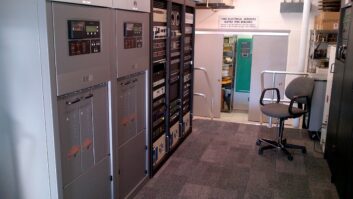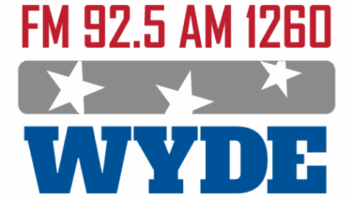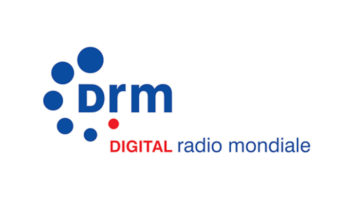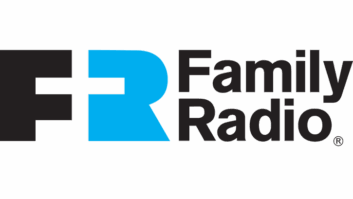“In a way we’re two decades too late,” admitted Christopher Sterling, chair of both the Radio Preservation Task Force and its parent organization, the National Recording Preservation Board, on the upcoming “Save America’s Radio Heritage” conference. “We’re actually more than two decades too late, cause history has been getting thrown out in the radio biz for a long time.”

Christoper Sterling
Specifically, Sterling points back to the passing of the 1996 Telecom Act, which he says removed limitations for how many radio stations a single company could own across the country. In the following years many stations changed hands, but an unforeseen consequence of this was the disposal of old recordings.
“When a station changes hand and a new owner comes in the first thing they want to do is be more efficient,” said Sterling. “What is the first thing to go out the door? Anything they can’t figure out how to monetize. And that usually means anything historical; any old records, any old recordings.”
The National Recording Preservation Board brought on Sterling, who is also an Associate Dean at the college of arts and sciences at George Washington University, to help create the RPTF in 2014 following a report from 2012 that identified the issue of radio recordings being lost. The Task Force’s first major move to address the goal of radio preservation is the “Save America’s Radio Heritage” conference. Featuring between 150-175 academics and archivists, the conference will serve as a chance for those attending to meet and discuss the steps on how to enact better preservation techniques.
One of the first methods already being planned is the creation of an online guide that will serve as a reference guide to contact other archivists and academics, and determine what recordings or other documents are out there. Sterling hopes that the Task Force will have a beta version of this guide available sometime in 2017, but no official launch date has been set.
The conference will also feature panels and presentations of examples of past preservation methods that have been successful. There will also be workshops and roundtable discussions, that Sterling described as “more of a roll up your sleeves and where do we go from here kind of thing.”
Sterling says the next steps after the conference are still being determined. He wants to create a method that would help stations understand what they can do with old recordings rather than to dispose of them. “We’re trying to rescue what we can, which will be in the end a tiny percentage of all that was produced and aired,” he said. Still, the conference will serve as a chance to generate ideas for the future of preservation, “and that will be the basis from which we will go forward,” according to Sterling.
“Save America’s Radio Heritage: Radio Preservation, Access, and Education” will take place from Feb. 25-27 at Madison Building at the Library of Congress and Hornbake Library at the University of Maryland, College Park. For more information, visit www.radiopreservation.org.
Also read:







